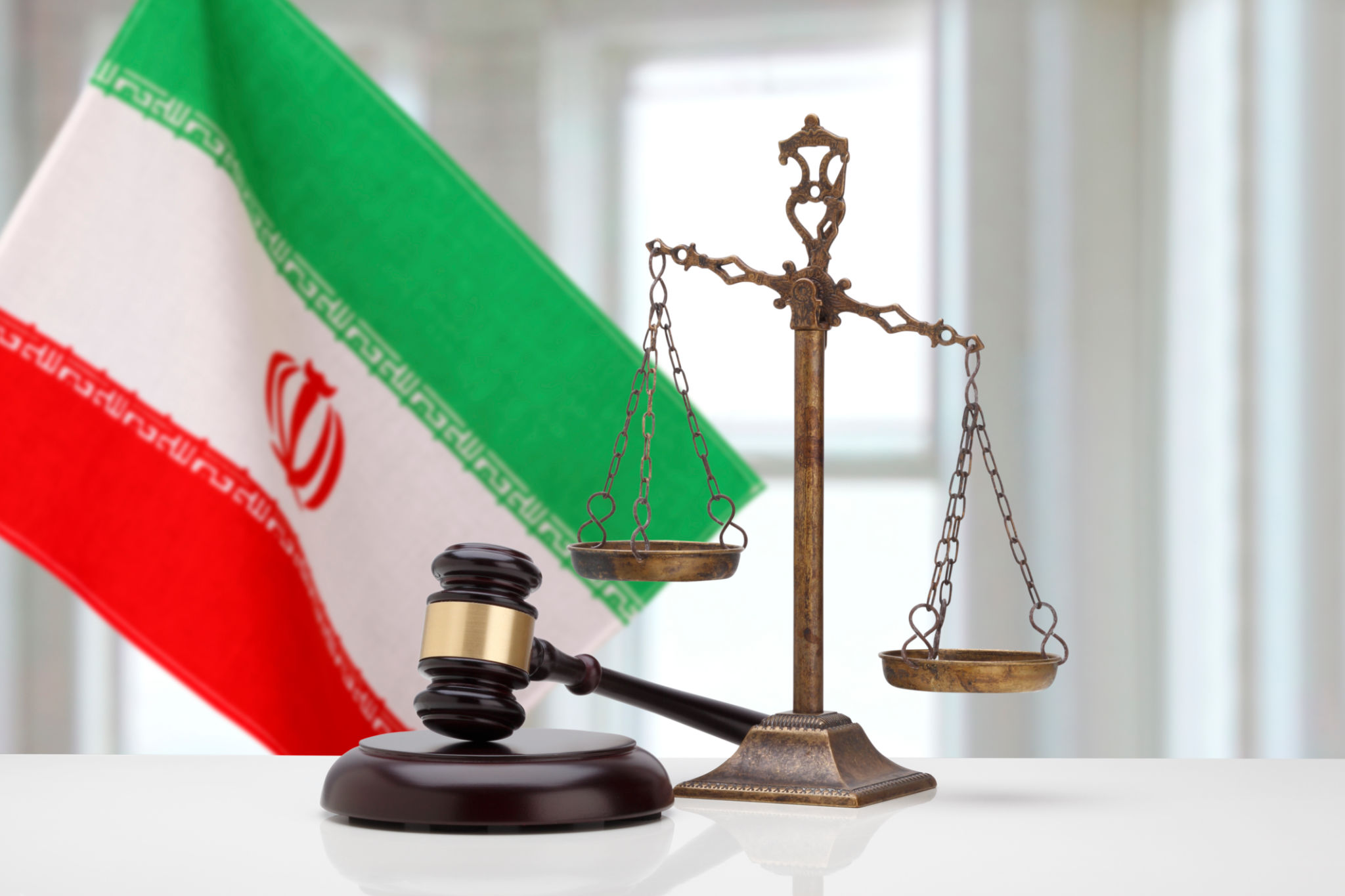The Role of Family Law in Iran: Key Considerations for Residents
Understanding Family Law in Iran
Family law in Iran plays a crucial role in shaping the lives of its residents, impacting personal status, marital relations, and parental responsibilities. These laws are deeply intertwined with Islamic principles, as Iran is an Islamic Republic where Sharia law significantly influences legislation. For residents, understanding the nuances of family law is essential, not only for navigating personal and familial matters but also for ensuring one's rights and obligations are recognized and upheld.

Marriage and Divorce
In Iran, marriage is considered both a spiritual and legal contract. The legal age for marriage is set at 13 for women and 15 for men, although judicial consent can permit younger individuals to marry. As part of the marriage contract, stipulations such as *mahr* (dower) are agreed upon, which is a mandatory payment from the groom to the bride. Divorce in Iran can be initiated by either party, but it traditionally favors men. Women seeking divorce must prove specific conditions such as abuse or abandonment to be granted a divorce.
Divorce proceedings can be complex, often requiring mediation and court intervention. The court's role is to ensure that all parties, especially women and children, are fairly treated. Child custody is generally awarded to mothers until children reach a certain age, after which fathers may gain custody.

Parental Rights and Child Custody
Parental rights in Iran are closely linked to family law that emphasizes the welfare of children. Custody issues are addressed with the child's best interests in mind, although cultural norms can influence outcomes. Mothers are typically awarded custody of young children, but fathers may petition for custody as children grow older. In cases of divorce, parents must navigate these laws carefully, often requiring legal assistance to ensure fair arrangements are made.
Guardianship laws also play a significant role, particularly in cases where parents are unable to care for their children. The family law court appoints guardians who are usually close relatives to look after the child's welfare.

Inheritance Laws
Inheritance laws in Iran are governed by both civil law and Sharia principles, which can sometimes lead to complex legal situations. Generally, these laws stipulate that male heirs receive a larger portion of an estate than female heirs. However, women can receive inheritance through their *mahr* or dowries, providing some financial security.
Disputes over inheritance can lead to lengthy legal battles, highlighting the importance of proper legal documentation and understanding one's rights under Iranian law. Many residents seek legal counsel to navigate these intricacies effectively.
Cultural Influences on Family Law
Cultural practices heavily influence family law in Iran. Traditional customs often intersect with legal requirements, impacting how laws are interpreted and applied. For instance, arranged marriages remain common, with family consent playing a pivotal role in the union's formation.
The cultural emphasis on family unity and honor sometimes complicates legal proceedings, as individuals may prioritize familial expectations over legal entitlements. Nonetheless, awareness and education about family law are growing among residents, leading to more informed decisions about personal rights and responsibilities.
Conclusion: Navigating Family Law in Iran
For residents of Iran, understanding family law is essential for managing familial relationships and personal affairs within the legal framework. Whether dealing with marriage contracts, divorce proceedings, child custody issues, or inheritance disputes, having a clear grasp of these laws can significantly impact one's legal and personal outcomes.
As Iran continues to evolve socially and legally, residents must remain informed about changes in family law to protect their rights effectively. Seeking legal guidance from experienced professionals can provide invaluable assistance in navigating the complexities of Iranian family law.
